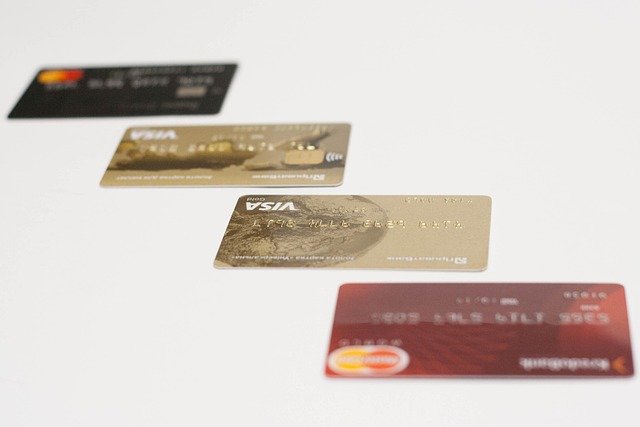Important Considerations When Choosing a Credit Card in Brazil
Individuals seeking a credit card in Brazil should be informed about several key factors before submitting an application. It is essential to understand the various fees associated with credit cards, the rewards programs they offer, and the eligibility criteria for different card types. This information can help align credit card choices with specific financial needs.

Brazil’s credit card landscape presents consumers with an extensive array of options, making the selection process both exciting and challenging. With major financial institutions competing for market share, understanding the key factors that influence your choice becomes essential for making an informed decision that aligns with your financial goals and spending habits.
Understanding Credit Card Fees and Charges
Credit card fees in Brazil can significantly impact the overall cost of card ownership. Annual fees typically range from R$50 to R$800, depending on the card category and benefits offered. International transaction fees usually fall between 4% to 6.38% of the purchase amount, while cash advance fees can reach up to 15% of the withdrawn amount plus interest charges.
Interest rates on outstanding balances vary considerably, with some cards charging monthly rates between 10% to 15%. Late payment fees typically range from R$15 to R$50, while overlimit fees can cost between R$20 to R$60. Understanding these charges helps prevent unexpected costs that can accumulate quickly.
Evaluating Rewards Programs and Benefits
Rewards programs in Brazilian credit cards offer various earning structures, from cashback percentages to points systems. Cashback rates typically range from 0.5% to 3% on purchases, with higher rates often applying to specific categories like fuel, supermarkets, or restaurants. Points programs usually offer 1 to 3 points per real spent, with redemption options including travel, merchandise, or statement credits.
Additional benefits may include travel insurance, purchase protection, extended warranties, airport lounge access, and concierge services. Premium cards often provide comprehensive travel benefits, while basic cards focus on essential protections. Evaluating these benefits against annual fees ensures you receive value from your card choice.
Eligibility Criteria for Different Credit Card Types
Brazilian banks establish varying eligibility requirements based on card categories. Basic cards typically require minimum monthly income of R$1,000 to R$2,000, while premium cards may demand R$5,000 to R$15,000 monthly income. Credit history requirements also differ, with some cards accepting applicants with limited credit history, while others require established positive credit records.
Age requirements usually start at 18 years, though some premium products require applicants to be 21 or older. Documentation typically includes CPF, proof of income, proof of residence, and bank statements. Self-employed individuals may need additional documentation, including tax returns and business registration.
| Card Category | Provider | Annual Fee Range | Income Requirement |
|---|---|---|---|
| Basic | Banco do Brasil | R$0 - R$120 | R$1,000 |
| Standard | Itaú | R$80 - R$200 | R$2,500 |
| Gold | Bradesco | R$150 - R$350 | R$5,000 |
| Platinum | Santander | R$300 - R$600 | R$8,000 |
| Black | Banco Inter | R$500 - R$800 | R$15,000 |
Prices, rates, or cost estimates mentioned in this article are based on the latest available information but may change over time. Independent research is advised before making financial decisions.
When comparing credit cards, consider your spending patterns, payment habits, and financial goals. High spenders who pay balances in full monthly may benefit from rewards-focused cards despite higher annual fees. Occasional users might prefer no-fee cards with basic benefits. Those building credit should prioritize cards with lower eligibility requirements and educational resources.
The application process typically takes 3 to 15 business days, with instant approval available for some products. Digital banks often provide faster processing times compared to traditional institutions. Consider applying during promotional periods when banks may waive annual fees or offer bonus rewards for new cardholders.
Choosing the right credit card in Brazil requires balancing costs, benefits, and eligibility requirements with your personal financial situation. Take time to compare multiple options, read terms and conditions carefully, and consider how each card fits into your broader financial strategy. The right choice can provide valuable benefits and help build your credit history, while the wrong selection may result in unnecessary fees and financial strain.




